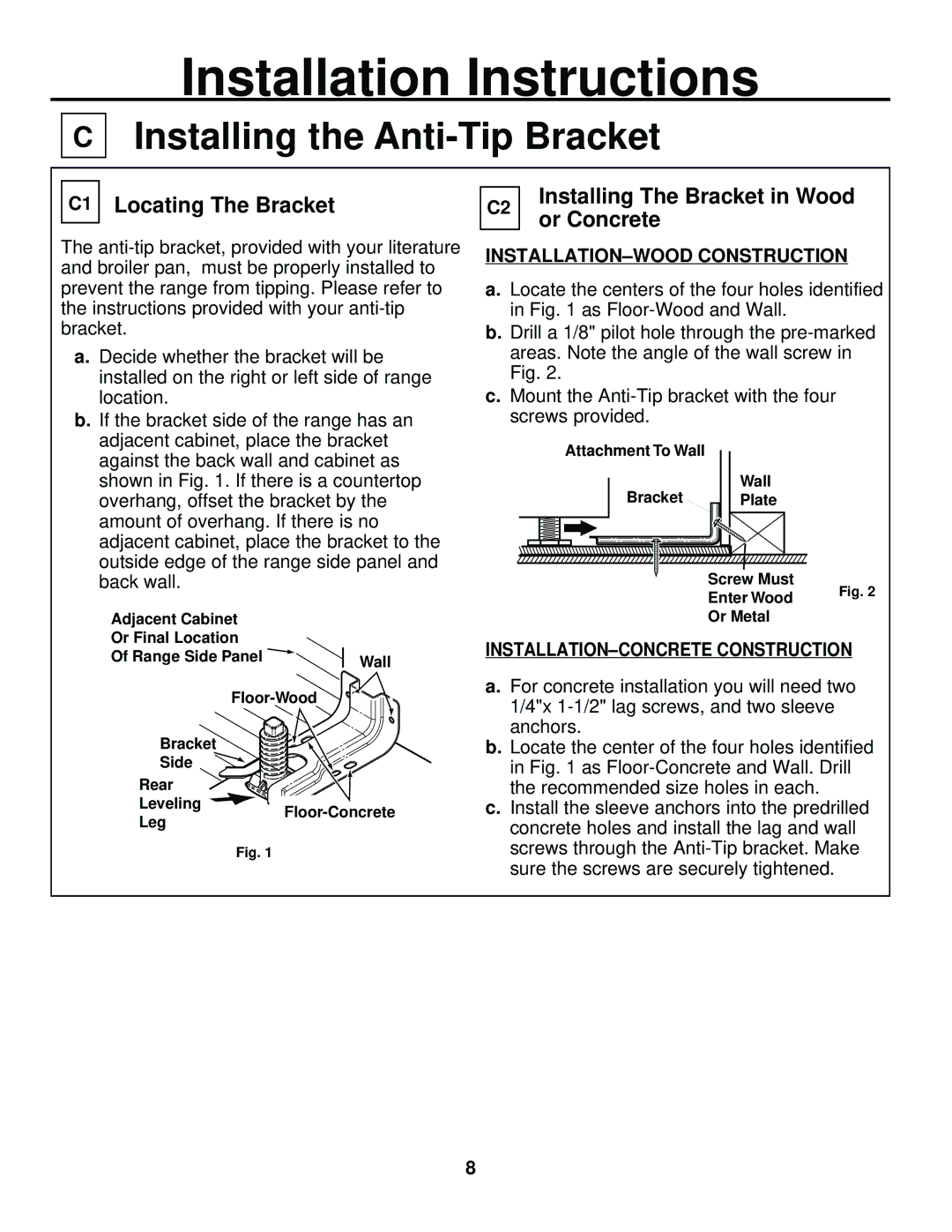31-10463, 229C4053P447-3 1 specifications
The GE 229C4053P447-3 1,31-10463 represents a significant advancement in aerospace technology, particularly in the field of gas turbine engine components. This part is integral to ensuring the reliable and efficient operation of various aircraft systems.One of the primary features of the GE 229C4053P447-3 is its robust design, capable of withstanding extreme temperatures and pressures encountered during flight. Manufactured using advanced alloys and composite materials, this component offers excellent durability and resistance to fatigue, significantly enhancing the lifespan of the engine. Its construction reflects GE's commitment to quality and innovation in aerospace engineering.
In terms of technologies, GE 229C4053P447-3 incorporates state-of-the-art manufacturing processes, including precision machining and advanced casting techniques. These methods ensure that each component meets stringent safety and performance standards, a critical requirement in the aviation industry. The integration of cutting-edge technologies in the design and production of this part allows for better performance metrics and operational efficiency.
A standout characteristic of the GE 229C4053P447-3 is its contribution to overall engine efficiency. The component plays a vital role in optimizing fuel combustion processes, thereby reducing emissions and operating costs. This aligns with the industry's increasing focus on sustainability and environmental responsibility. The part is engineered to enhance airflow and thermodynamic efficiency within the engine, resulting in improved thrust performance.
Furthermore, the GE 229C4053P447-3 is designed with maintenance and serviceability in mind. Its modular construction allows for easier access and replacement during routine maintenance, minimizing downtime for aircraft operators. This feature is particularly valuable for maintaining high operational readiness in commercial and military aviation sectors.
In conclusion, the GE 229C4053P447-3 1,31-10463 exemplifies GE’s innovative spirit in aerospace manufacturing. With its advanced materials, cutting-edge technologies, and focus on efficiency and longevity, this component is essential for modern aircraft engines, aligning with industry demands for performance, reliability, and sustainability. As aviation technology continues to evolve, components like the GE 229C4053P447-3 will remain at the forefront of enhancing flight capabilities and operational excellence.

